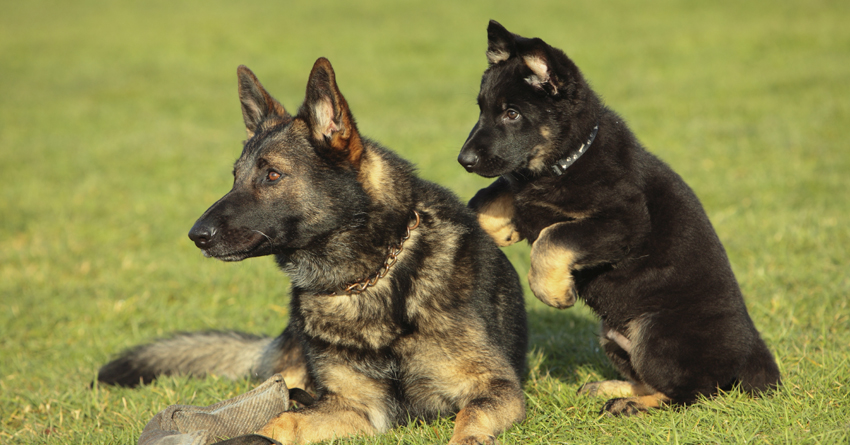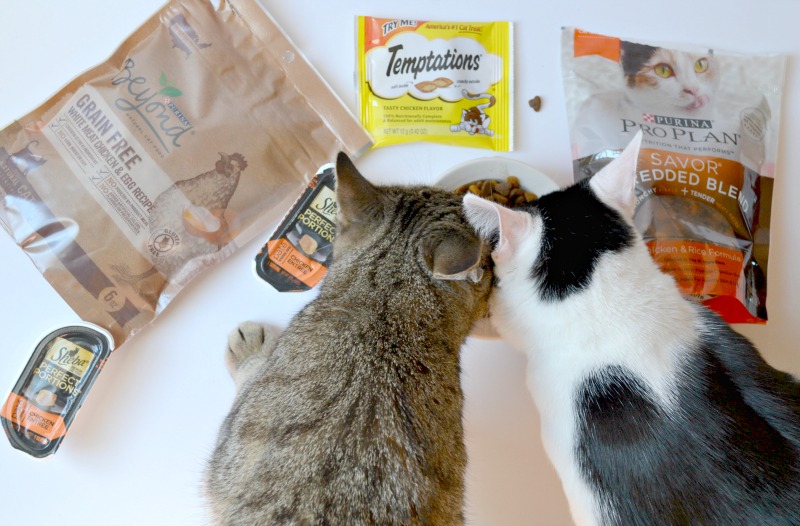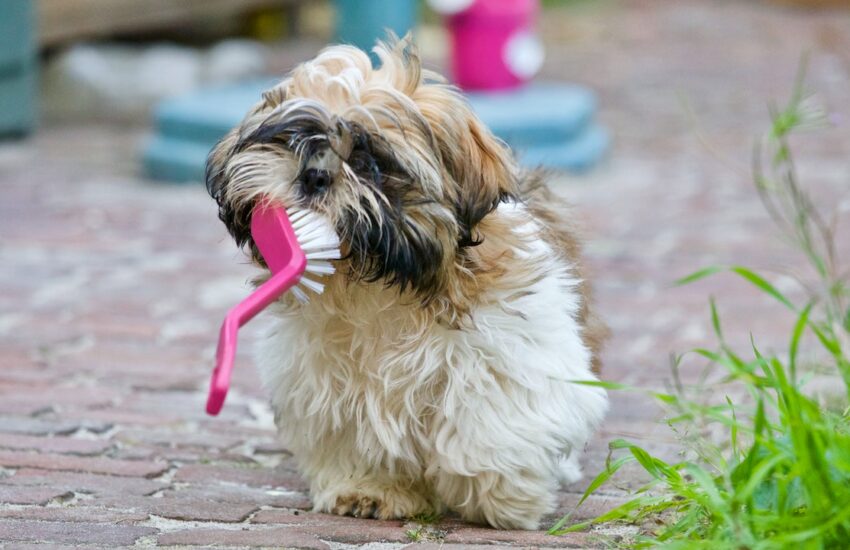The Difference Between Old and Young Dogs
 With the holiday season coming up, it’s time to start thinking about what you’re going to get for everyone important to you: family members, close friends, and of course, your dog. An old timer who’s been around for over a decade and a brand new, still fuzzy pup have very different needs and approaches so it’s good to keep some of those difference in mind when you start your holiday shopping.
With the holiday season coming up, it’s time to start thinking about what you’re going to get for everyone important to you: family members, close friends, and of course, your dog. An old timer who’s been around for over a decade and a brand new, still fuzzy pup have very different needs and approaches so it’s good to keep some of those difference in mind when you start your holiday shopping.
Older dogs are more emotionally mature and know what they want. Puppies tend to be excited by whatever you get them and the second they get it, they tear it apart. Younger dogs do better with durable toys made for their sharp little teeth to help with teething or dental hygiene. If you’ve got an older dog, you probably know their favorite treats, food, and toys as well as they do and can give them exactly what they want, which for some older dogs might be a toy they can’t wait to rip apart!
Energy levels change drastically as dogs age. This is pretty true for most living things, and in dogs, it’s demonstrated quite obviously. Puppies tear around, wagging their tails and sniffing anything they can. Older dogs tend to be a little calmer though they still love to prance around wagging their tails and sniffing; they just do it a little slower.
How they have fun changes. This goes along with the differences in energy as older dogs tend to really enjoy going for long walks and exploring outside while puppies need a lot of interaction and roughhousing. Often times when a young dog and an old dog live together, the old one will snap angrily at the younger one when the younger one thinks the two of them are just playing. Older dogs will enjoy a good wrestling session here and there but not as frequently as younger ones. Younger dogs also don’t quite understand how much they’re hurting another dog because they’re still figuring out how everything works so the angry snap of the older dog is a life lesson.
Older dogs have more patience in general. Whether they have to deal with other animals or kids, older dogs tend to give a lot of warning signs (growling, barking) rather than biting the critters that annoy them. To that end, older dogs are also more accepting of being dressed up in hats and costumes though that doesn’t mean they like it. If you’ve got an older dog and are looking to make them fancy for the holidays, skip the Santa suit and get them a personalized embroidered dog collar. It’s actually useful and they’ll enjoy it more, especially when you use it to take them on those long walks they like.
All dogs need food (obviously) but puppies need it to get bigger. Adult dogs need food for energy, strength, and to provide support to their immune system. Puppies need it for all those reasons plus the added reason of constantly growing. Nutrient dense food is important for puppies with good, healthy treats to supplement it. Older dogs also benefit from treats that help with their hygiene, joints, and bone density.
Just like us, dogs change as they get older, and as an owner, you want to make sure you keep up with those changes. Puppies, adorable and energetic, need much more attention than adult dogs while adult dogs need more attention paid to their health and vitality. Don’t let your dog down this holiday season and get them something they’ll enjoy or, if they’re a puppy, something they’ll destroy. Lots of options for both!


Thanks for such a nice content. Apppreciate it 🙂
Cheers
If anyone interested similar one’s have a look here . thanks
love the way you discussed about the difference between old and young dog .